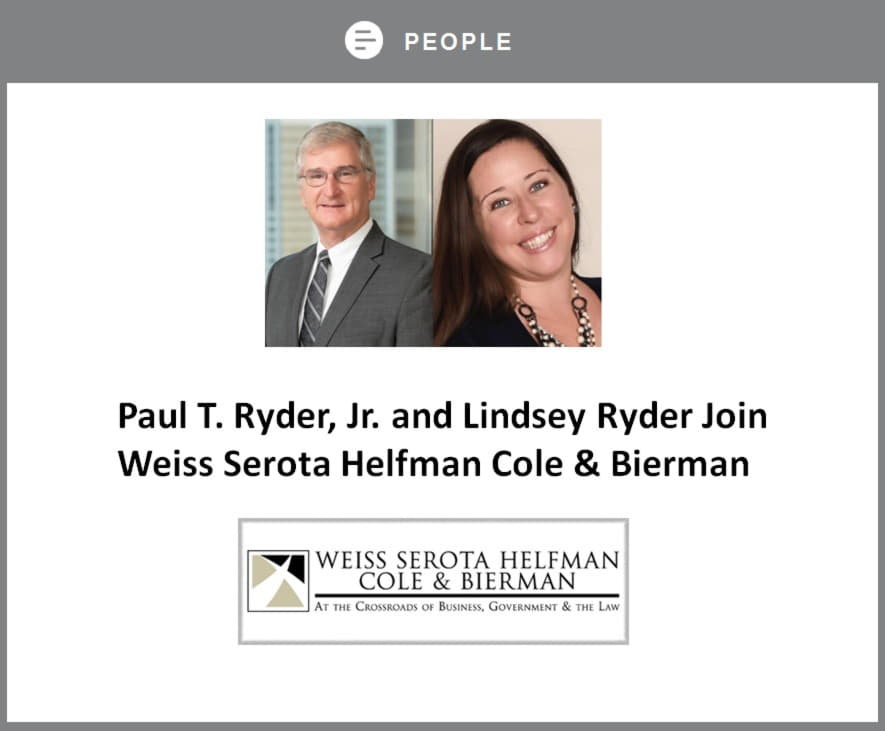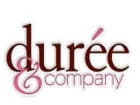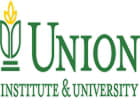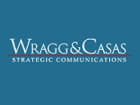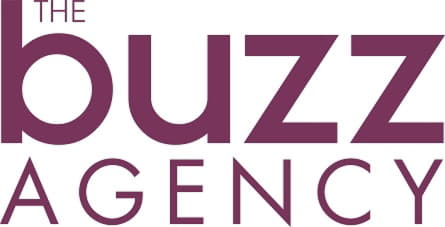
IMAGE SOURCE: GETTY IMAGES.
In the run-up to the 1992 presidential election, many popular Democrats decided not to run for the nation's highest office. George H.W. Bush was simply too powerful -- or so the thinking went:
- He was able to win the first Gulf War (Operation Desert Storm) in just over a month -- and his approval rating soared to 89%.
- The stock market surged 54% from Bush's election in 1988 to July of 1992.
- Overall, Bush had the highest average approval rating since JFK, at 60.9%.
That left a young upstart from Arkansas named Bill Clinton as the Democrats' sacrificial lamb. As late as April of that year, Bush was polling at 44%, versus just 25% for Bill Clinton, and 24% for independent Ross Perot.
But then something happened. Unemployment continued to tick upwards, from 6.4% in early 1991 to 7.8% in the summer of 1992. The Clinton team homed in on that with their motto: "It's the economy, stupid!"
By the time those unemployment numbers were coming out, Bush's approval rating had plummeted, and Clinton's surged.
DATA SOURCE: GALLUP. CHART BY AUTHOR.
Oddly enough, however, our own Morgan Housel has done the research and found: "There's virtually no correlation between the unemployment rate on Election Day and an incumbent's chance of winning. Even looking at the change in unemployment throughout an incumbent's term, the correlation was weak."
Can the stock market actually predict our next president?
The short and safe answer to this question is: "No." Any correlation found between the two is absolutely not a definitive sign of causation. That's important to note, because what I'm about to show you might make you think otherwise.
After reading Morgan's article four years ago, I noticed that the Dow Jones Industrial Average (DJINDICES:^DJI) actually fell 1.2% between Sept. 1 and Election Day in 1992. While that may not sound significant, I was curious how the pattern held, so I looked at other previous races.
What I found was surprising: The movement of the stock market between Sept. 1 and Election Day has predicted the winner in 26 of the last 29 elections. When the market is up, the incumbent party wins; when it's down, the incumbent party loses. It's been right 90% of the time.
Year | Change in DJI from Sept. 1-Election Day | Winner | Party | Did DJI Predict Winner? |
|---|---|---|---|---|
| 2012 | 1.2% | Obama | Democrat | YES |
| 2008 | (20.2%) | Obama | Democrat | YES |
| 2004 | (2.5%) | Bush | Republican | NO |
| 2000 | (2.7%) | Bush | Republican | YES |
| 1996 | 8.5% | Clinton | Democrat | YES |
| 1992 | (1.2%) | Clinton | Democrat | YES |
| 1988 | 3.1% | Bush | Republican | YES |
| 1984 | 2.6% | Reagan | Republican | YES |
| 1980 | (1.3%) | Reagan | Republican | YES |
| 1976 | (1.9%) | Carter | Democrat | YES |
| 1972 | 2.4% | Nixon | Republican | YES |
| 1968 | 3.1% | Nixon | Republican | NO |
| 1964 | 3.5% | Johnson | Democrat | YES |
| 1960 | (2.1%) | Kennedy | Democrat | YES |
| 1956 | (2.8%) | Eisenhower | Republican | NO |
| 1952 | (2%) | Eisenhower | Republican | YES |
| 1948 | 2.9% | Truman | Democrat | YES |
| 1944 | 3% | FDR | Democrat | YES |
| 1940 | 0.8% | FDR | Democrat | YES |
| 1936 | 6.3% | FDR | Democrat | YES |
| 1932 | (20.4%) | FDR | Democrat | YES |
| 1928 | 7.7% | Hoover | Republican | YES |
| 1924 | 1.1% | Coolidge | Republican | YES |
| 1920 | (1.9%) | Harding | Republican | YES |
| 1916 | 13.3% | Wilson | Democrat | YES |
| 1912 | (1.1%) | Wilson | Democrat | YES |
| 1908 | 0.4% | Taft | Republican | YES |
| 1904 | 18.4% | Roosevelt | Republican | YES |
| 1900 | 4.1% | McKinley | Republican | YES |
DATA SOURCES: INVESTING.COM AND ANALYZEINDICES.COM. CHART BY AUTHOR.
So does that mean we should all watch the markets on Sept. 1, check back on Election Day, and resign ourselves to an inevitable outcome?
Hardly. As I said above, there's no way that causation could possibly be proven. Instead, it's better to view this anomaly in the same light as Paul the Octopus, who correctly divined the winner in every single one of Germany's 2010 World Cup Games, as well as the final between Spain and the Netherlands. It's fun to watch, but isn't to be taken too seriously.
So keep your eyes open to see if the Oracle of the Dow Jones is right again this year -- just don't let it inform your own opinion.
The $15,834 Social Security bonus most retirees completely overlook
If you're like most Americans, you're a few years (or more) behind on your retirement savings. But a handful of little-known "Social Security secrets" could help ensure a boost in your retirement income. For example: one easy trick could pay you as much as $15,834 more... each year! Once you learn how to maximize your Social Security benefits, we think you could retire confidently with the peace of mind we're all after. Simply click here to discover how to learn more about these strategies.




